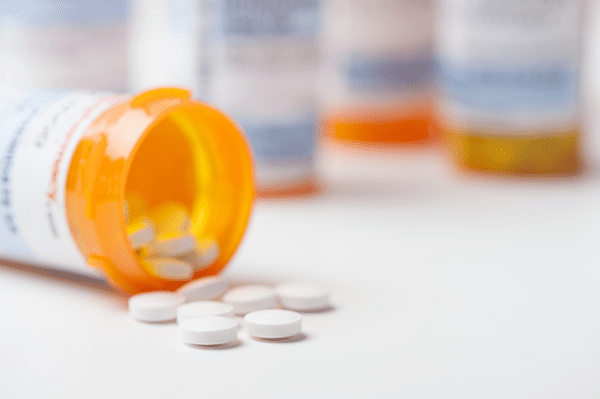
by jennie | Sep 15, 2017 | General News
DFD Russell Medical Center is partnering with The Pixel Fund to promote dogs in need of homes in Maine. The Pixel Fund is a nonprofit established to raise needed funds to support animal rescue and advocacy groups with “paws on the ground”. The Pixel Fund works to save...
by jennie | Aug 9, 2017 | General News
This month we celebrated National Health Center Week to raise awareness of the important role health centers play in our communities. But, why just celebrate one week? Let’s spread awareness year-round...

by jennie | Jul 25, 2017 | General News
Tips for a fun and safe summer. Water Safety Enroll kids in swim lessons. Risk of drowning is decreased by as much as 88% when children ages 1-4 take swimming lessons. Swim with a buddy. It’s a best practice for swimmers of all ages and abilities. Enter the...

by jennie | Apr 24, 2017 | General News
You’ve scrubbed the floors, put away winter clothing and now it’s time to tidy up your health! Follow our tips below to give your health a fresh spring start. Clean your home for your health: Go through your medicine cabinet and safely dispose* of any...

by jennie | Mar 16, 2017 | General News
Did you know that 1 in 20 people will develop colorectal cancer? Colorectal cancer is the second leading cause of cancer-related deaths, but if caught early it’s treatable and can even be curable. Some symptoms of colorectal cancer can include: A change in bowel...

by jennie | Mar 6, 2017 | General News
DFD is working to keep our community safe. DFD has been diligently managing the opioid crisis, leading the medical community in responsible prescribing. By taking proactive steps we are able to achieve goals of ensuring responsible, safe, and effective prescribing of...
by jennie | Feb 17, 2017 | General News
February is heart month, but that doesn’t mean we shouldn’t be raising awareness all the time about heart health. Did you know? Heart disease is responsible for 1 in every 4 deaths in the United States each year. Heart disease is more deadly than all cancers combined....
by jennie | Feb 17, 2017 | General News
Join us in learning new ways to save money and eat healthy! Starting Wednesday, March 8, we’ll be hosting educational classes where you can try and prepare new tasty recipes, take home prizes, and learn useful new information. The class is open to all DFD...
by jennie | Feb 9, 2017 | General News
Due to inclement weather, DFD will be closing at noon at all three locations.
by jennie | Jan 13, 2017 | General News
Follow the tips below to get and stay on the track to good health. Manage Stress: Balance work, home, and play. Get support from family and friends and try to keep a relaxed and positive outlook. Engaging in healthy activities and getting the right care can put...






